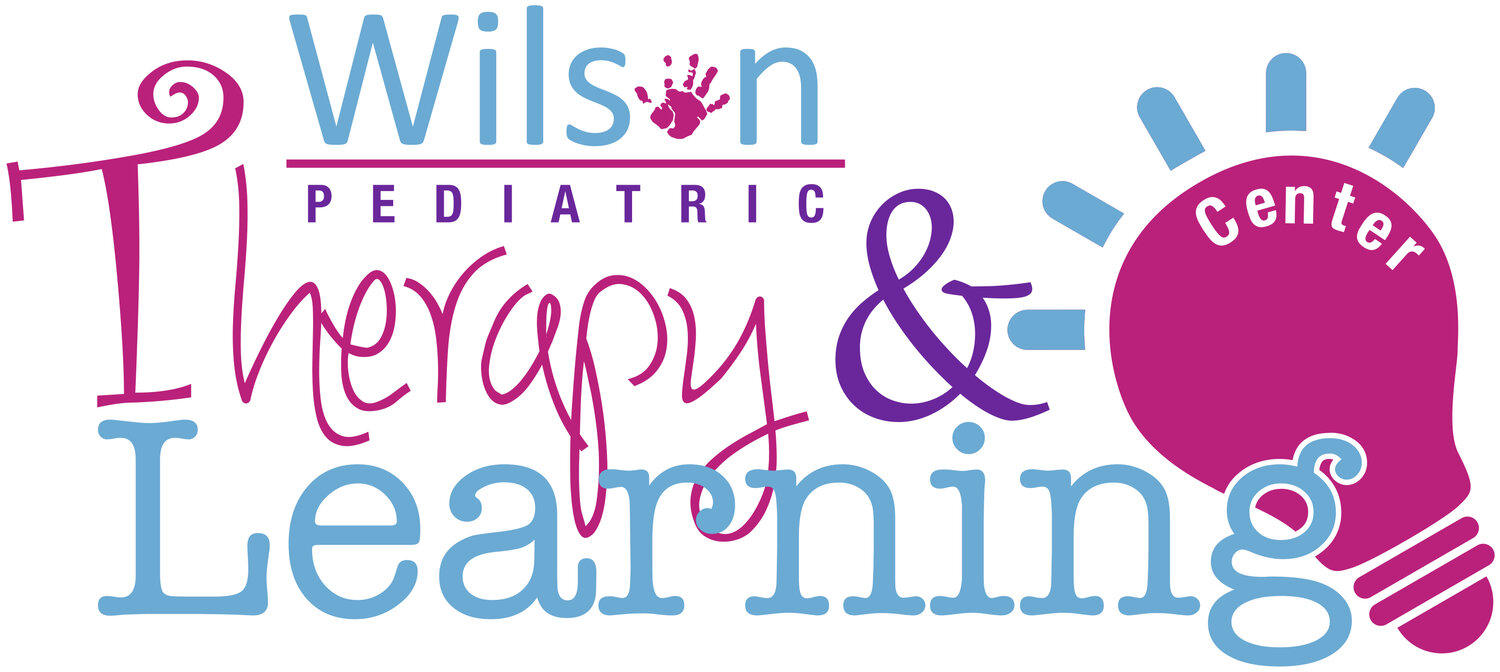Occupational Therapy’s Role in Mental Health
Occupational therapy as a profession utilizes a client-centered, holistic approach to treating patients. Our goal is to improve independence and functional engagement in tasks that are essential to a person’s daily life, including self-care, education, social engagement, play, and sleep. When a child experiences difficulties in their mental health, this can negatively impact their ability to complete self-care tasks, engage in social interactions with peers, and complete necessary school tasks. This is where OT comes in. Occupational therapists have the tools to assist children in developing coping skills, educate on emotional regulation strategies, provide insight on sensory-based approaches, address executive functioning skills (problem solving, attention, memory, impulse control, etc.), provide suggestions for environmental or routine modifications, and provide caregiver education regarding a variety of behavioral approaches.
What mental health conditions can OT help to improve independence in daily life?
Intellectual disabilities
Autism Spectrum Disorder
Attention Deficit Hyperactivity Disorder (ADHD)
Specific Learning Disorders (dyslexia and dyscalculia)
Depression
Anxiety
Obsessive-Compulsive Disorder (OCD)
Conduct Disorders
Trauma (Posttraumatic Stress Disorder, Attachment Disorder)
* Not a comprehensive list. There are other mental health conditions that may not be listed.
Should my child receive OT or mental health services?
While OT’s are trained to address mental health conditions as they may negatively impact functional engagement in daily tasks, occupational therapists are NOT licensed social workers, mental health counselors, psychologists, or psychiatrists. Occupational therapists cannot diagnose mental health conditions and are not trained to provide the same services that one would receive from these other healthcare providers. Occupational therapists DO love to work in collaboration with other mental health professionals though! Collaboration between OT and other mental health services can allow for an individual to process and understand their mental health condition, while also promoting independence in daily life.
